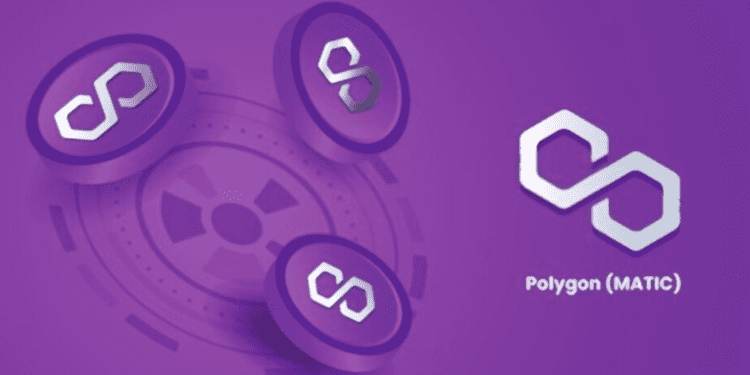- Polygon’s technical upgrade could see MATIC renamed to POL.
- POL will operate on multiple chains, including the Polygon proof-of-stake (PoS) protocol, zkEVM, and Supernets.
- If the proposal is accepted, network validators can support the operation of multiple chains using a single token.
Polygon has proposed a technical upgrade of the native token MATIC. In a blog post, the upgrade seeks to replace MATIC with a “next generation” protocol token dubbed POL, the protocol. The “rebranding” is part of the Polygon 2.0 roadmap.
Meet Pol – Polygon’s Multichain Token
POL is designed to advance security and growth across the leading Ethereum scaling solution. The details of these developments have been published in a white paper from a group of the blockchain platform’s founders and researchers, introducing POL as a third-generation native asset characterized as a ‘’hyperproductive token.’’
However, it offers more utility with validators operating across multiple chains. This would include the Polygon proof-of-stake (PoS), zkEVM, and Supernets. This approach aims to enhance security, resilience, and neutrality across all POL chains, as validators are incentivized to secure as many chains as possible.
Upgrading from MATIC to POL involves holders sending their MATIC tokens to the upgrade smart contract. The system will automatically replace MATIC with POL in a 1:1 ratio and send the new token to the holder’s address.
If the proposal is accepted, network validators will be able to support the operation of multiple chains using a single token.
Another potential benefit of the upgrade to the ecosystem is addressing the scalability challenge. The POL token is designed to support the exponential growth of the Polygon ecosystem while maintaining high security. This scalability feature is expected to facilitate mainstream adoption and accommodate thousands of chains.
Nonetheless, the proposed upgrade aims to provide a frictionless experience for users and developers. Unlike some blockchain protocols that introduce complexities by requiring native token holdings, staking, or consumption, POL is designed to eliminate such frictions, potentially enhancing user and developer experience within the ecosystem.
This streamlined approach enhances user and developer experience, making it easier for individuals and businesses to engage with the polygon ecosystem and leverage its capabilities.
Remarkably, Polygon Labs has emphasized that this proposal has been developing for nearly a year and is not directly responding to recent regulatory events. It is a carefully considered plan to enhance the ecosystem and adapt to the evolving landscape of blockchain technology.
The migration process from MATIC to POL is intended to be seamless, with token holders required to send MATIC to an upgraded smart contract, which will automatically convert it into the equivalent amount of POL tokens. Polygon Labs has assured token holders that they will have ample time, potentially four years or more, to complete the migration.














